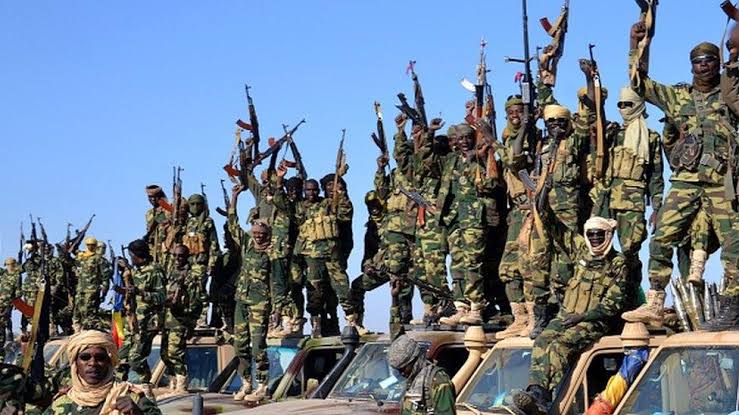In a recent and alarming development, a video has emerged online featuring a man who claims to be the new leader of the militant group Boko Haram. This individual has taken on the notorious alias “Shekau,” a name previously associated with Boko Haram’s infamous former leader. In the video, the man directs serious threats toward Nigeria’s Chief of Defence Staff, prominent Muslim clerics, and various other figures, signaling a potential escalation in the group’s insurgent activities.
The emergence of this figure comes at a time when Boko Haram and its splinter factions continue to wreak havoc in the northeastern parts of Nigeria, particularly in Borno State. The region has experienced a series of brutal attacks that have left hundreds dead and many more displaced. This latest video underscores the ongoing instability and the challenges faced by security forces in curbing the insurgency.
One of the deadliest recent attacks involved militants from the Jama’atu Ahlis Sunna Lidda’awati wal-Jihad (JAS) faction of Boko Haram. The attackers targeted the villages of Mallam Karamti and Kwatandashi, both located in Borno State. Eyewitness accounts describe a horrifying scene in which the assailants accused local residents of collaborating with the rival group, Islamic State West Africa Province (ISWAP). The militants reportedly executed at least 57 people, using firearms and knives to carry out the killings, while over 70 others remain missing and feared dead.
Survivors recounted that the violence was both swift and ruthless, with attackers moving from house to house, targeting men, women, and even children. The accusations of collaboration with ISWAP appeared to be a justification for the brutal assaults, highlighting the bitter rivalry and fractured nature of jihadist groups operating in the region.
The Nigerian military has been engaged in ongoing operations to combat Boko Haram and ISWAP, aiming to restore security and protect civilians. However, the announcement of a new leader claiming to head Boko Haram introduces uncertainty about the future direction of the insurgency. Analysts warn that this could signal a reorganization or a strategic shift within the group, potentially leading to renewed or intensified attacks.
This latest development also raises concerns about the capacity of Nigerian security forces and regional allies to adapt to the evolving threat posed by jihadist factions. The insurgency has not only resulted in significant loss of life but has also disrupted the lives of millions, causing displacement, economic hardship, and widespread insecurity across northeastern Nigeria.
As investigations continue into the identity of the man in the video and the authenticity of his claim, security agencies remain on high alert, monitoring potential threats and preparing to respond to any acts of violence that may follow.
The ongoing conflict underscores the urgent need for coordinated efforts involving military, political, and community stakeholders to address the root causes of insurgency and support affected populations. Only through sustained commitment and comprehensive strategies can peace and stability be restored to the troubled northeastern region of Nigeria.
